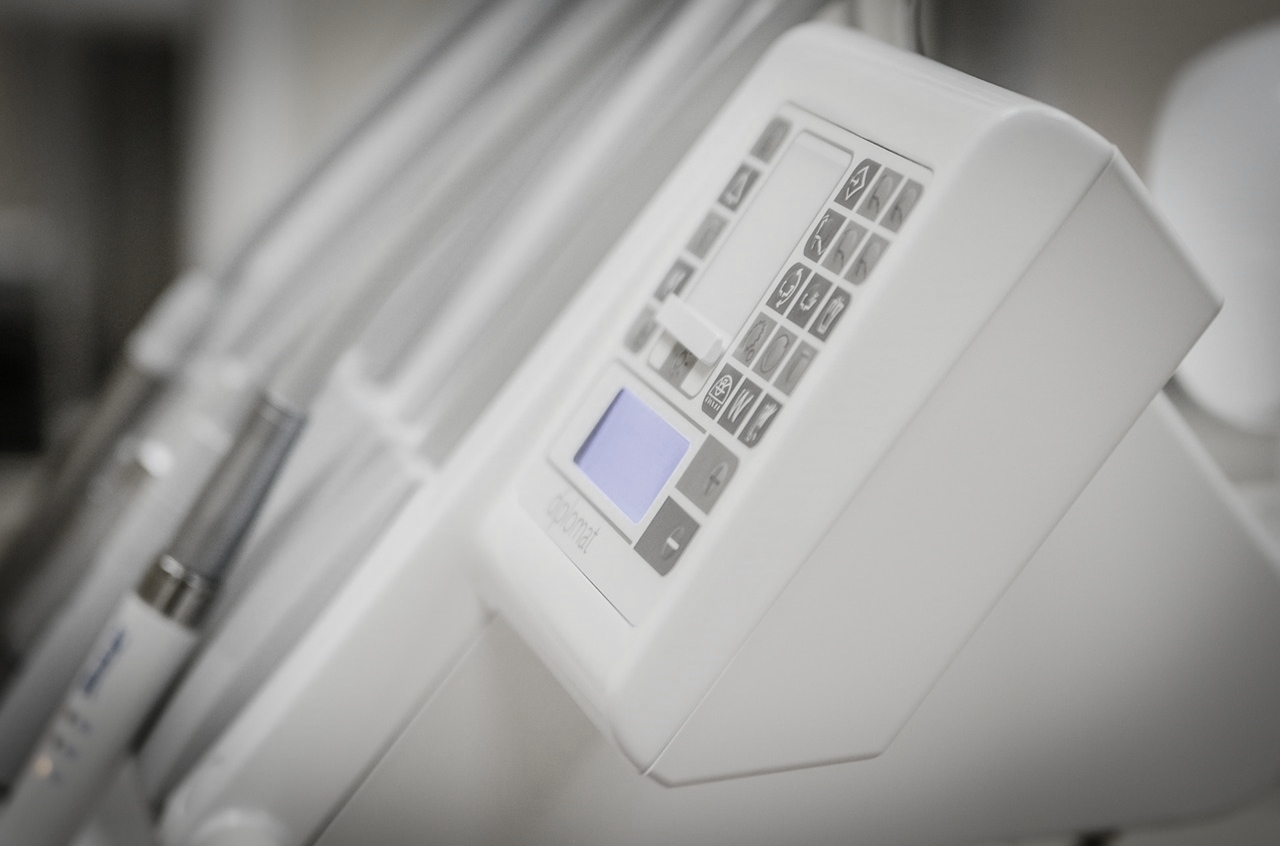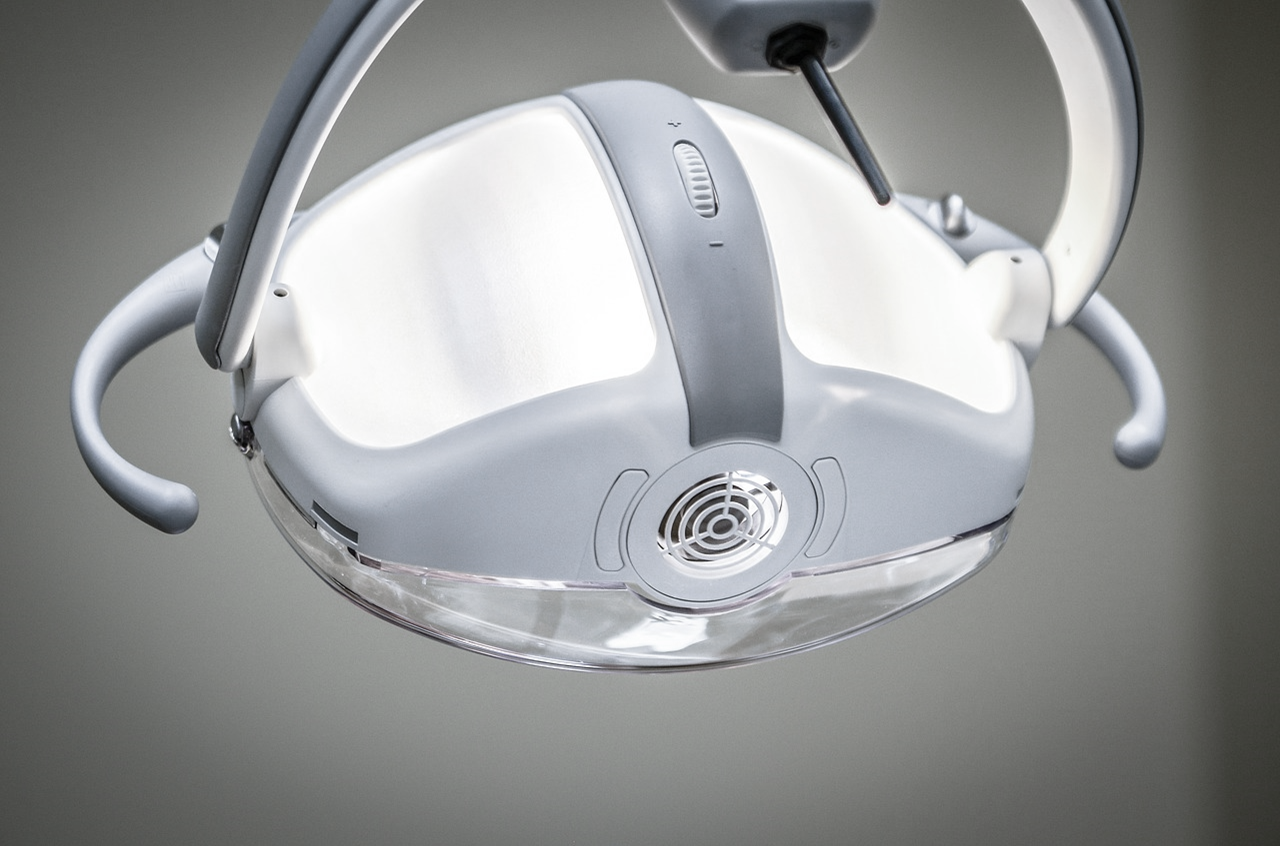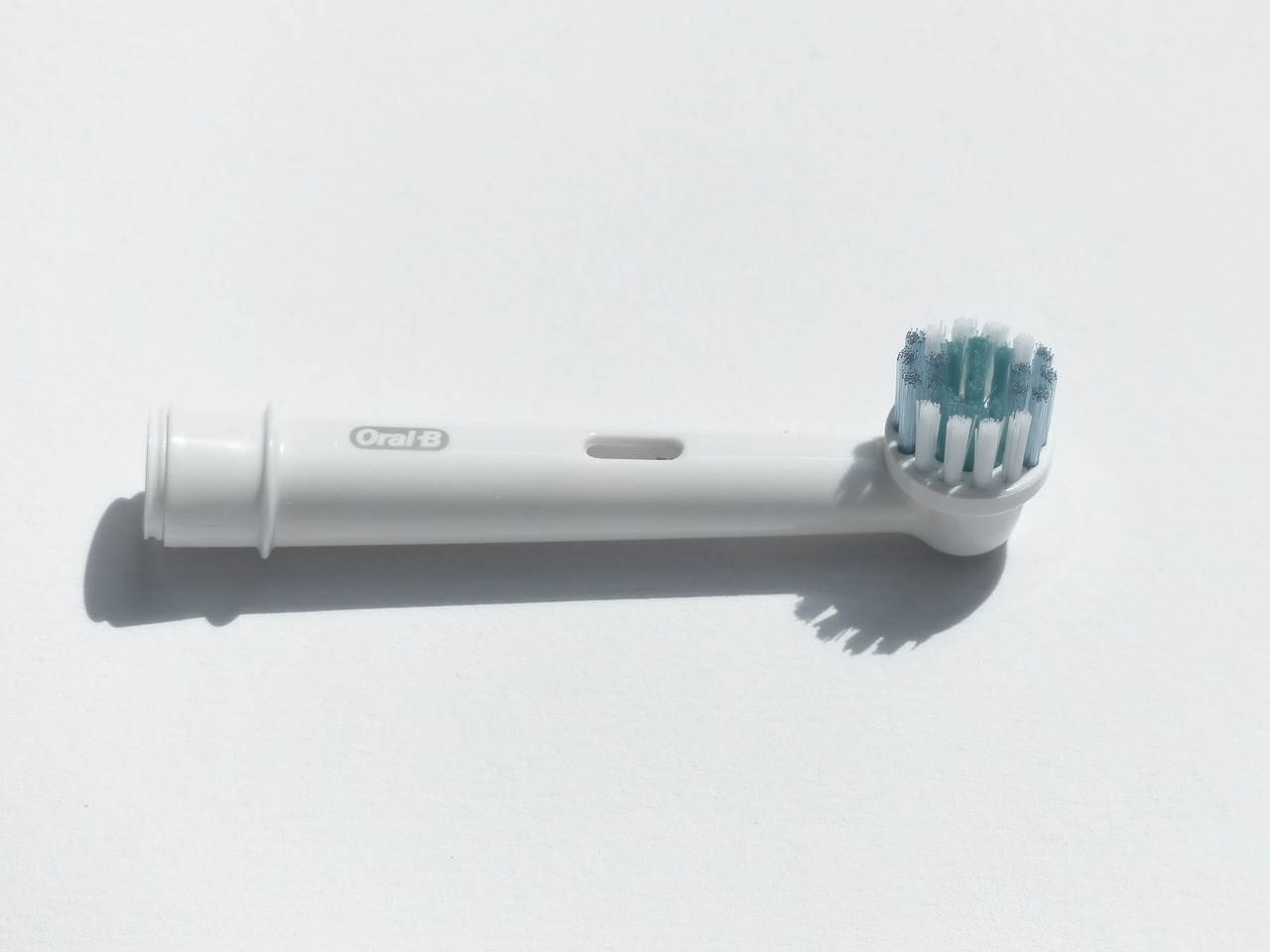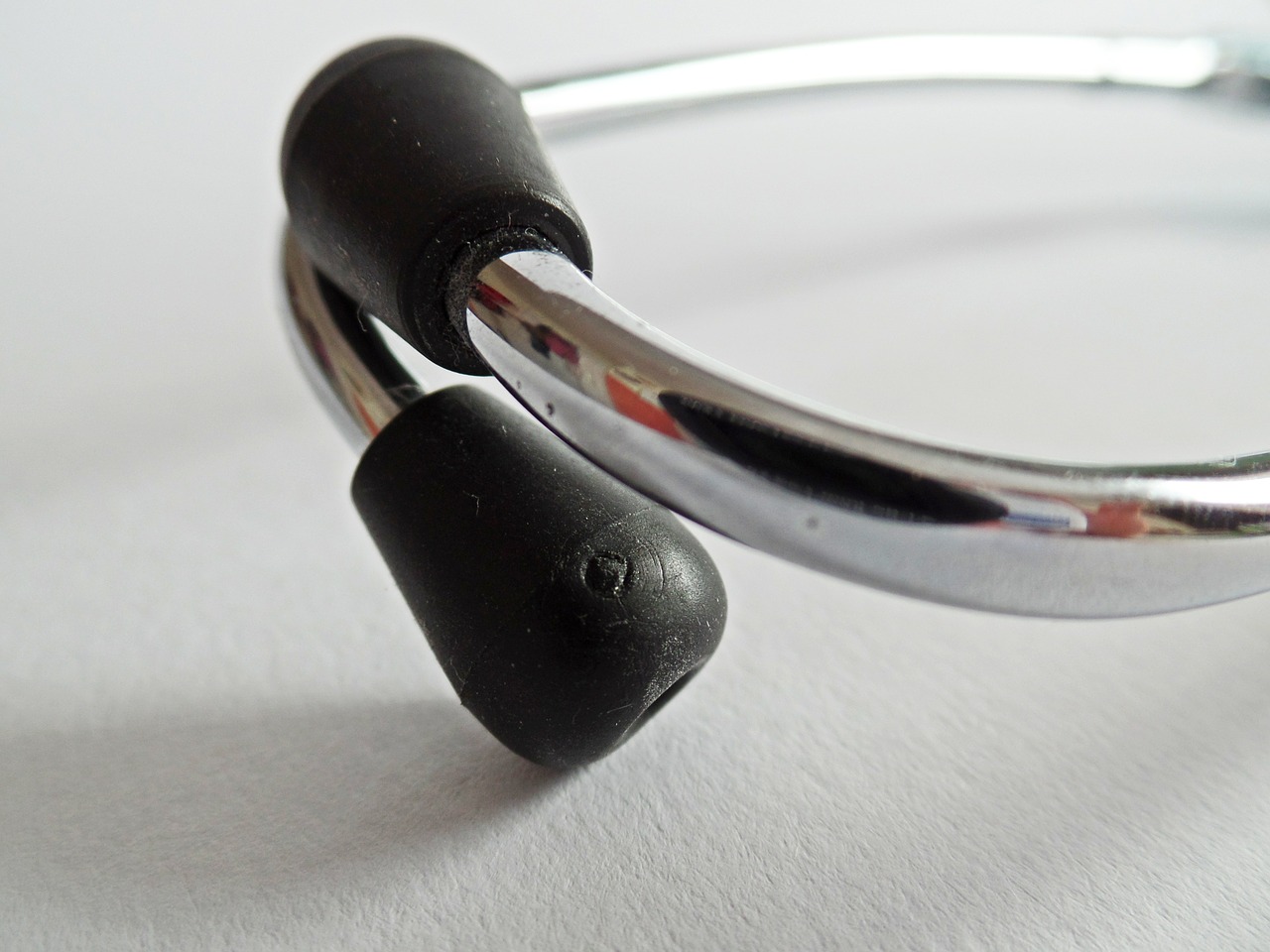
Be Prepared: GP Partners Joining and Leaving
Date: 07/12/2023 | Healthcare
GP Practices across Scotland are under strain. Change in any organisation presents challenges and risks – this is particularly relevant when a new Partner joins or a Partner leaves.
What can Practices across the country do to be prepared for these challenges?
Let’s take a look at what GPs need to consider when a Partner joins or leaves.
When a GP Partner Joins
A Partner joining the business is usually great news, especially if you have been trying to recruit for a while. At the same time, this is often a period of significant change that, without careful planning, brings its own risks.
GP Practices with new Partners joining should consider the following non-exhaustive list of issues:
(a) Are all Partners signed up to the Partnership Agreement? All Partnerships should have a Partnership Agreement – this is essential.
(b) Have new Partners, at least, signed a Deed of Adherence?
(c) Have changes to the Partnership Agreement been proposed as a result of a new Partner joining? If so, ensure that you instruct a legal advisor to document those changes properly and avoid any unforeseen issues.
(d) Have you offered a new Partner their terms verbally or in writing? Does the offer dovetail with your Partnership Agreement? If not, have the Partners given proper consent to vary those terms?
(e) Have you considered a mutual appraisal period? Both sides may want a settling in period to ensure the relationship works for them. This is especially important if the doctor hasn’t already been working in the practice as a locum or salaried GP.
(f) In relation to premises, should the Partner be named on the title deeds? Should they be signed up to the Lease? What about commercial, or other lending?
(g) Have you arranged for a registration to be made in the Register of Persons Holding a Controlled Interest in Land? This applies in the event that you own the premises and are not updating the title deeds or are the tenant under a lease of more than twenty years.
(h) Have the Partners formally agreed to adopt different profits/loss shares, sessions and property capital shares either by Partnership minute or legal agreement?
When a GP Partner Leaves
If a Partner leaves, particularly one who has been in the post for a long time, it is likely to be very disruptive to the business. Even if the departure is a foreseen retirement, there are certain risks involved.
A good Partnership Agreement will regulate the process of a departure. It will deal with matters such as the length of the notice period, the repayment of any capital, what happens to the practice premises etc.
The first practical step for a GP Practice in this case is to ensure that your Partnership Agreement is clear and appropriate for a Scottish medical practice (some things are different south of the border).
GP Practices with Partners leaving, or more generally considering sustainability issues, should consider the following non-exhaustive list of watchouts:
(a) Do you need a Retirement Agreement? If the Partner is leaving on different terms to those set out in your Partnership Agreement, both parties would be best protected by a Retirement Agreement.
(b) Is your Partnership Agreement clear on what happens when a Partner leaves? Unclear agreements can lead to disputes which can be costly and stressful.
(c) In the event that there are contentious issues at play, does your agreement provide cover that Partner can be expelled?
(d) Does your Partnership Agreement provide that partners are protected against liability when they leave? Note that without express agreement to the contrary, the law says that Partners continue to be liable for any liabilities incurred while they were a Partner (this will even affect your estate in the event of death).
(e) Don’t attempt to edit your Partnership Agreement yourself. Making even small changes without advice can have costly consequences.
Premises
The practice premises are usually the biggest asset of a property-owning GP Practice. For GP Practices that lease their buildings, the buildings are likely to be the largest liabilities.
Where practice premises are owned, GP Practices should consider the following issues whether a Partner is joining or leaving:
(a) Have all Partners been assumed as trustees for the Partnership?
(b) Have former Partners resigned as trustees for the Partnership? This is often forgotten or not done.
(c) Does your Partnership Agreement provide a clear valuation methodology for the practice premises (i.e. is it on the basis of market value assuming vacant possession, existing use with rental reimbursement or another type)? This can have a major impact on how much a new Partner will need to pay to “buy in” to the Practice, or how much a retiring Partner will be paid out.
(d) Have all departing Partners been dealt with in a consistent manner? (i.e. have former Partners all been paid out on the basis of the same valuation methodology; under the same terms etc.)
For leased premises, in relation to Partners who are both joining and leaving:
(a) Does your Lease require that new Partners sign onto the Lease?
(b) Are all Partners named on the Lease?
(c) If the premises are leased from a commercial landlord, have you approached the Health Board about dealing with your Lease under the National Code of Practice for GP Premises (i.e. having it transferred to them)?
There are also new requirements for GP Practices to consider in relation to the new Register of Persons Holding a Controlled Interest in Land. You can find them here:
This is likely to affect most GP Practices who are taking on new Partners.
Keeping your Partnership Agreement up-to-date and fit-for-purpose
It’s important that GP Practices have a Partnership Agreement that is both up to date and fit for purpose.
As a rule of thumb, we would recommend that if your Partnership Agreement is 5 years old (or older), you should consider whether it needs to be updated. GP Practices should also consider whether your agreement contains so-called “Last Man Standing” provisions to ensure that GP Partners are protected.
Davidson Chalmers Stewart are the leading advisers to general practice in Scotland. If you would like to explore further how we can assist you with your Partnership Agreement, sustainability issues or any other business matter, please contact our Healthcare Team.
To get in touch, you can call 0131 625 9191 and ask for our GP Practice Specialists.





















































